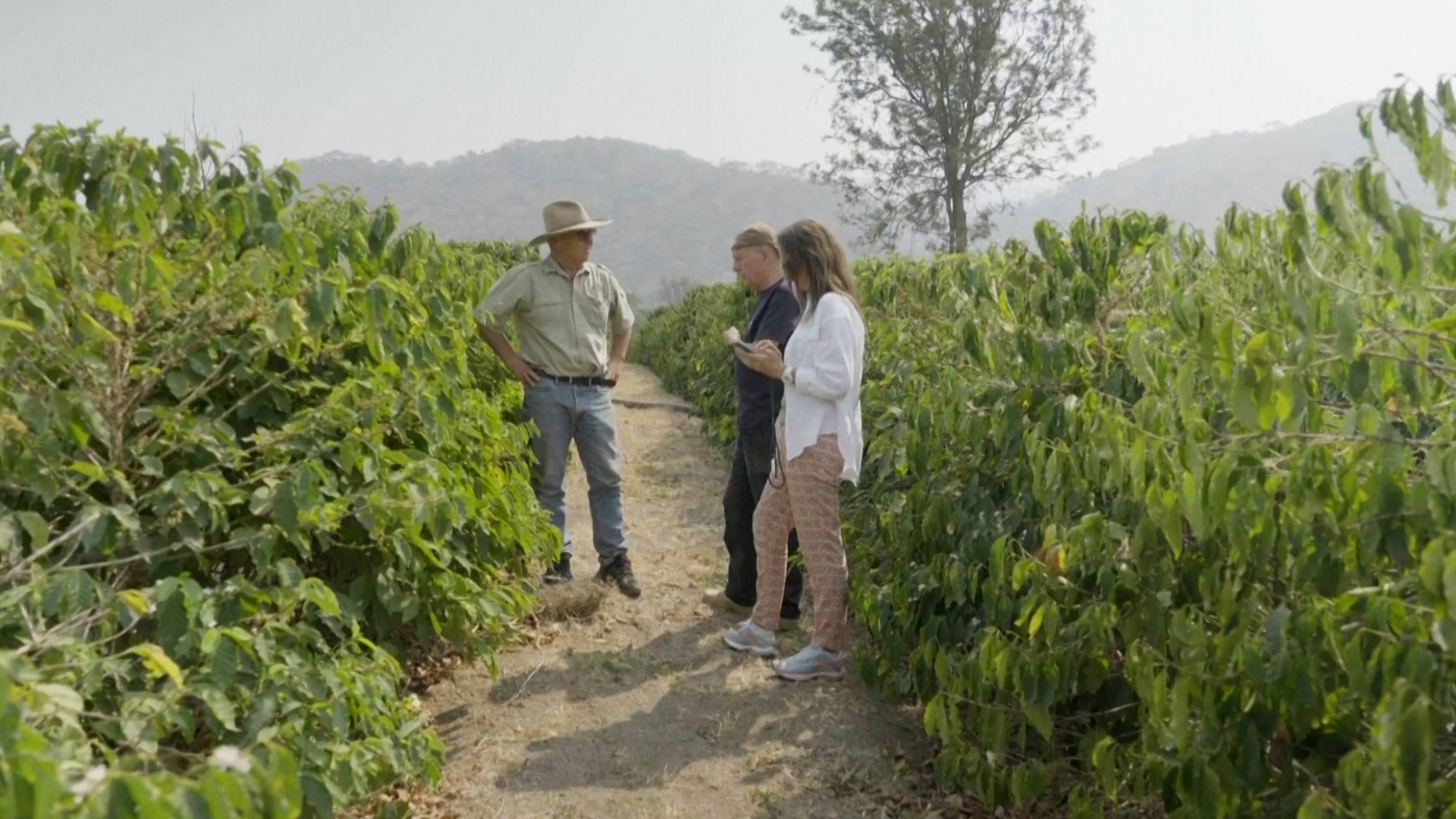Why it’s time to reform fossil fuel subsidies


Get involved with our crowdsourced digital platform to deliver impact at scale
Stay up to date:
Infrastructure
Fossil fuel subsidies are bad economic policy, bad social policy and bad for the environment. Yet, many countries have some type of fossil fuel subsidy. In 2013, those subsidies added up to nearly $550 billion.
Why are so many countries spending so much on what is simply bad policy? And how can they reform these subsidies? This is what a panel of government ministers who have implemented reforms debated during the IMF/World Bank Group Spring Meetings in an event organized by ESMAP and co-hosted by the World Bank Group, the United States, and Friends of Fossil Fuel Subsidy Reform.
The panelists – representing countries as different as Angola, Egypt, Honduras, and Ukraine – described the countries’ varied experiences, but out of these varied experiences, four common messages emerged:
- Communication, communication, communication. Subsidy reform is not a technical challenge; it is a political one. Success requires that people understand what’s in it for them, why the reforms are needed, and what will be obtained in exchange for higher fuel prices. So communication is key. As Finance Minister Armando Manuel of Angola pointed out, it must be based on a deep understanding of stakeholders’ concerns.
- Communication must be based on a real offer. Communicating to people what’s in it for them requires that there actually be something real in it. All four countries have put in place improved social protection to protect the poor from the impacts of higher energy prices. In Angola and Egypt, the money saved from the reforms is being used to increased public investments in public goods such as health, education and infrastructure. Finance Minister Hany Kadry Dimian of Egypt called for honesty in the reforms and noted how his Ministry is working with line ministries to ensure that the increases in social spending are not just one-offs but have lasting social impact. This is critical to the legitimacy of the reform: it cannot be pushed by outside forces, and it must be perceived as bringing real improvements domestically.
- Reforms are not just about prices. To Honduras Central Bank President Marlon Tabora, the biggest mistake is to think that subsidy reform is only about subsidy reform. It is critical to look at social policies, energy policies and the structure of the energy sector, and institutional reforms. All of these countries used subsidy reforms to strengthen social policy more broadly. In the Ukraine, one element that helped increase the acceptability of the reform was to allow people to apply for social assistance by mail, so asking for help is less public.
- Reforms will most likely only happen when they can no longer be avoided, but a lot of preparation can be done in advance. Ukraine increased gas prices by 450 percent in the middle of a war. But as Minister of Finance Natalie Jaresko of Ukraine pointed out, reforming the gas subsidy was a matter of survival. Similarly, Honduras’ reforms occurred as the country was running a deficit of 8% of GDP, 2% of which was due to energy subsidies. The technical teams had started breaking ground years before and were able to seize the opportunity.
These may seem like common sense messages, but they represent a shift in implementation strategies. Efforts are no longer simply focused on the technical design, but take on the political context. As a result, subsidy reforms are gaining ground around the world, with 25 countries having initiated reforms over the last two years.
What is the World Bank Group doing in this context? A lot. President Jim Kim has spoken out about the need for fossil fuel reform. Chief Economist Kaushik Basu has argued that low oil prices are creating a great opportunity to reform subsidies. Colleagues working on macroeconomics, fiscal policy, poverty, social development, and energy have been supporting government reforms of fossil fuel subsidies in several countries. In fact, we are currently assisting Ukraine and Angola to reform fossil fuel subsides while improving social protection.
In addition, we are developing a new initiative to provide countries with the broad based technical support they need for reforms. This initiative will enable countries to access a cross-cutting team of experts in fiscal, energy, poverty, social protection, transport, and competitiveness issues to provide a diagnostic as well as reform design. Since fossil fuel subsidy reform is a political economy challenge, the teams will include communication and social development specialists who can help understand public perceptions and create support for the reforms. This new initiative will benefit from the ESMAP facility for energy subsidy reform.
This article is published in collaboration with The World Bank’s Development in a Changing Climate Blog. Publication does not imply endorsement of views by the World Economic Forum.
To keep up with the Agenda subscribe to our weekly newsletter.
Author: Marianne Fay is the chief economist for climate change at the World Bank.
Image: The sun is seen behind smoke billowing from a chimney of a heating plant. REUTERS/Stringer.
Don't miss any update on this topic
Create a free account and access your personalized content collection with our latest publications and analyses.
License and Republishing
World Economic Forum articles may be republished in accordance with the Creative Commons Attribution-NonCommercial-NoDerivatives 4.0 International Public License, and in accordance with our Terms of Use.
The views expressed in this article are those of the author alone and not the World Economic Forum.
Related topics:
The Agenda Weekly
A weekly update of the most important issues driving the global agenda
You can unsubscribe at any time using the link in our emails. For more details, review our privacy policy.
More on Nature and BiodiversitySee all
Lena McKnight and Stefan Fahrni
May 2, 2024
Cristen Hemingway Jaynes
April 30, 2024
Robin Pomeroy and Linda Lacina
April 29, 2024
Greg Goodwin and John Stackhouse
April 29, 2024
Diego Vincenzi
April 29, 2024






